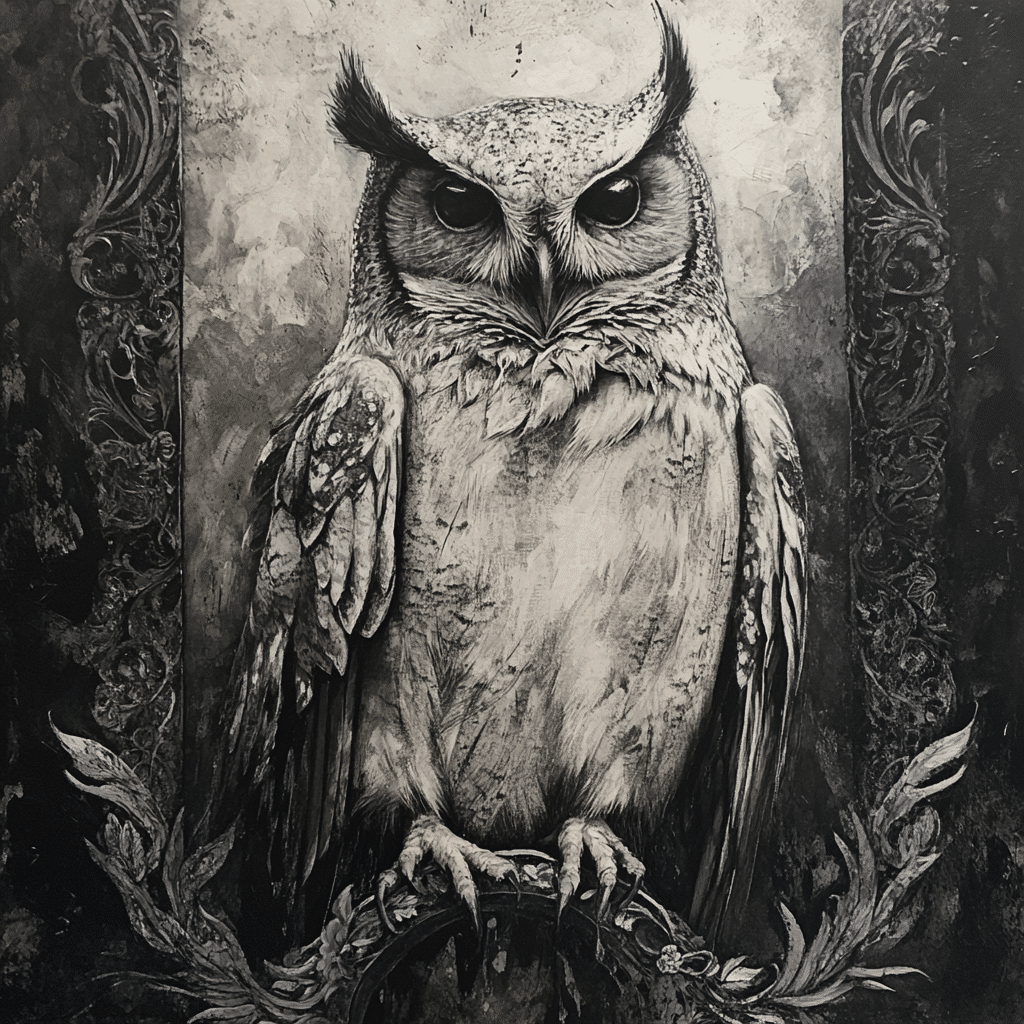Mastering Ukrainian to English translation is much like assembling a multi-dimensional jigsaw puzzle. It’s a fascinating fusion of linguistic skill, cultural insight, and technological prowess. Within this guide, we’ll embark on a journey, delving into the intricacies of transforming Ukrainian text to English fluently and accurately. Let’s unravel these linguistic threads together, forging new pathways to understanding and connectivity.

The Anatomy of Ukrainian to English Linguistic Nuances
English speakers often stumble upon the rich texture of the Ukrainian language, a Slavic tapestry woven with its own unique set of grammatical rules and expressive idioms. Spoken by millions, Ukrainian employs a Cyrillic alphabet, a stark contrast to the Latin script utilized in English, instantly presenting a visual challenge to learners and translators alike.
First, it’s crucial to understand the phonetic pacing of Ukrainian, which consists of sounds that don’t directly align with English counterparts, creating potential pitfalls in pronunciation and intonation. Moreover, the sentence structure in Ukrainian often places a verb at the end, making direct translations sound stilted to the English ear. Idioms present another hurdle; phrases rich with meaning in Ukrainian could fall flat or confuse if translated word for word.

The Evolution of Ukrainian to English Translation Practices
Historically, Ukrainian to English translation has been practiced by scholars and linguists with a fervor for cultural exchange. However, in recent times, geopolitical events have thrust this language pair into the limelight, with a surge in demand for accurate and fluent translation.
Language service providers like Rosetta Stone and Duolingo have adapted curricula to bridge the gap between these languages. These platforms have leveraged flashy interfaces and gamification to attract a new wave of language enthusiasts. Technological innovation has significantly altered the translation landscape, introducing sophisticated algorithms that can sometimes make human-like predictions when translating phrases and complex sentences.
| Resource Type | Name/Provider | Features | Price Range | Benefits |
| Online Course | Duolingo | – Gamified learning – Progressive lessons | Free (Premium version available) | – Mobile learning – Easy to use |
| Online Course | Rosetta Stone | – Intuitive immersive method – Voice recognition | Subscription-based ($6-$11/month) | – Proven method – Comprehensive content |
| Textbook | Oxford English for Ukrainian Speakers | – Tailored for Ukrainian speakers – Includes grammar and vocabulary | $30-$60 | – Structured lessons – Cultural notes |
| Language App | Pimsleur English for Ukrainian Speakers | – Audio-based lessons – Spaced repetition | Subscription-based ($14.95-$19.95/month) | – Good for oral skills – Convenient for on-the-go learning |
| Translation Tool | Google Translate | – Immediate translation – Supports many languages | Free | – Useful for quick translations – Speech-to-text feature |
| Tutoring Service | iTalki | – One-on-one tutoring – Customizable lessons | Varies by tutor (typically $10-$30/hour) | – Personalized feedback – Flexible scheduling |
Key Challenges in Ukrainian to English Semantic Conversion
Semantic precision is the linchpin of any translation endeavor. Ukrainian presents a web of intricacies to the English translator, not least because one Ukrainian word can unfurl into multiple English interpretations. Take, for instance, the Ukrainian “душа” (dusha), which can mean both “soul” and “mind” in English, depending on context.
Colloquialisms further muddy the waters. Ukrainian expressions often reference historical events or cultural phenomena unfamiliar to the English-speaking audience. A translator must artfully negotiate such peculiarities to capture the source’s essence.
Bridging Cultural Gaps: Ukrainian to English, English to Ukrainian
Culture is the echo of language; it shapes and is shaped by the words we use. Cultural references in translation must resonate with the intended audience. Esteemed linguists like Peter Newmark and Nataly Kelly have long emphasized the critical role of context in translation.
Example: Translation of Proverbs
Take the Ukrainian proverb “Не маючи броду, не лізь у воду,” which roughly translates to “Don’t wade into water where you don’t see the bottom.” The sentiment aligns with the English adage “Look before you leap.” Yet, the Ukrainian version carries a unique flavor, tying wisdom to the element of water—something a translator might highlight to add color to the English rendition.
Technological Tools and Software: From Ukrainian to English and Beyond
Technological strides, like those made by Google Translate, serve as an entry point to Ukrainian translation. Grammarly, known for its language correction prowess, offers assistance to polish translated texts. These tools, and others like them, help bridge the communication divide between Ukrainian speakers and the global audience, but with a cautionary note: human oversight remains essential to iron out nuances and inject authentic flavor into translated material.
The Importance of Localization in Ukrainian to English Translation
Localization goes a step further than mere translation, adapting content to cater to specific audiences. Netflix, for example, takes great care in localizing Ukrainian shows not only into American English but also into varied dialects and vernaculars, ensuring that jokes land and references register across different English-speaking cultures.
Advanced Techniques for Professional Ukrainian to English Translators
Expert translators employ a host of advanced techniques, diving deep into the context and subtext of their source material. Agencies like SDL and TransPerfect offer rigorous training, harnessing resources that encompass not only language but also the industry-specific terminology that demands precision.
Navigating Translation Certification and Standards
The sector recognizes translation quality through certifications. The American Translators Association and the Institute of Translation & Interpreting are pillars that uphold translation standards. Earning credentials from such bodies can underscore a translator’s commitment to excellence in bridging Ukrainian and English.
Ukrainian to English Learning Resources for Aspiring Translators
For aspirants passionate about mastery in translation, resources abound. Oxford and Harvard offer comprehensive language programs, while online giants like Coursera and Babbel cater to the digitally inclined linguist. These platforms serve as beachheads for those embarking on their translation journey.
Cross-Language Comparison: English to Ukrainian Versus Ukrainian to English
The path from English to Ukrainian differs markedly from its reverse. While translating to Ukrainian, one carves out a new narrative in a language steeped in a different rhythm and cadence. Each direction presents its own set of challenges that only a well-versed translator can deftly handle.
Case Studies: Successes in Ukrainian to English Translation
Some translations rise above the rest. Marina Lewycka, for example, has been heralded for her translations from Ukrainian, capturing the heart and humor of her source material. These successes offer a beacon to aspiring translators, illustrating the heights of achievement possible in this craft.
Mastery Beyond Words: The Art of Ukrainian to English Interpretation
Interpreters like Olena Leshchyshyn shed light on the art of real-time translation. Whether interpreting for diplomatic events or navigating the medical field, their work is a high-wire act of linguistic agility, requiring both speed and accuracy.
Innovative Pathways for Ukrainian to English Translation Mastery
Emerging tech, like virtual reality, is carving out new vistas for translators. As with other language pairs, such as Greek To English, Swedish To English, Tagalog To English, and Thai To English, institutions like the Defense Language Institute are employing such innovations to cultivate a new breed of language experts.
In closing, the journey from Ukrainian to English involves more than the mechanistic swapping of words. It’s a complex dance of intellect, empathy, and technology, blending historical precedent with modern ingenuity. Through tenacity and talent, translators act as gatekeepers and guides to the frontiers of language, moving far beyond the written page to the heart of shared understanding. Join us as we celebrate and illuminate the skillful art of translating Ukrainian to English in a world that’s never been more interconnected.
Unlocking the Nuances of Ukrainian to English Translation
When taking a deep dive into the world of Ukrainian to English translation, one might stumble upon intriguing, even whimsical facts. Imagine you’re hanging on the edge of your seat as a translator uncovers the meaning behind a Ukrainian phrase that sounds as mysterious as an escaped prisoner. The journey of decoding slavic languages can be much like following the thrilling plot of a novel, where each chapter brings a new twist, and Ukrainian is no exception.
Hold your horses, though, because the linguistic adventure doesn’t end there! Translators often get their fair share of chuckles when they come across phrases that, if translated word-for-word, could leave English speakers scratching their heads faster than you can say Chicharrones. It’s a craft where staying as steady as hollow rock is essential, especially when dealing with idiomatic expressions that need a sprinkle of creativity to make sense in English.
Taking another quirky turn, consider the names of popular celebrities. In the echo chambers of translation forums, imagine the banter when Bae In-hyuk becomes a topic of discussion. Is it a term of endearment or a beloved South Korean actor crossing linguistic borders? Context is king, and for translators, it’s about navigating these nuances without getting lost in translation. This artful juggling act can feel like trying to find a cozy nook in the bustling freehand new york – always searching for the perfect blend of comfort and style, or in this case, accuracy and readability.
Wrapping your head around the Ukrainian to English translation is like piecing together a vibrant mosaic, one where every small tile contributes to a larger picture of understanding. Each factoid we uncover shines as a vivid reminder about the astonishing layers folded within languages. Who knew this linguistic treasure hunt could be as lip-smackingly satisfying as digging into your favorite snack or as riveting as unravelling a complex mystery? It’s a quest that lends itself to perpetual delight and unexpected discoveries, right down to the very last dot over an і (and that’s not a typo, by the way!).






















